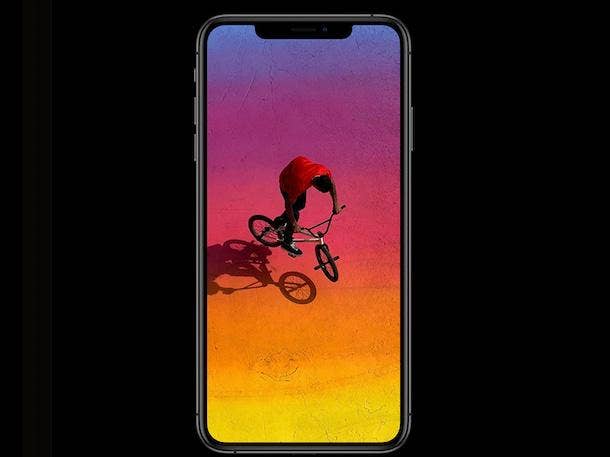Apple Infringes Qualcomm Patent, Federal Judge Says

An already contentious week in the legal battle between Apple and Qualcomm ended with yet another development: a finding at the U.S. International Trade Commission that Apple infringed one Qualcomm patent.
However, ITC Judge Thomas Pender does not believe that the infringement should result in a ban of Apple products into the U.S.
[Related: Qualcomm Says Apple Stole Trade Secrets, Gave Them To Intel]
In a notice posted on the ITC website Friday, Pender wrote that Apple products do infringe one of the three patents on which Qualcomm has claimed infringement. The judge's note does not include details supporting his finding of infringement.
Still, "statutory public interest factors weigh against" recommending an import ban, Pender wrote.
“We are pleased the ALJ found infringement of our patented technology, but it makes no sense to then allow infringement to continue by denying an import ban. That goes against the ITC mandate to protect American innovators by blocking the import of infringing products,” said Don Rosenberg, executive vice president and general counsel of Qualcomm. “There are many ways Apple could stop infringing our technology without affecting the public interest. We look forward to a full ITC commission review in the coming months and continue to pursue the more than 40 other patent infringement cases we have brought against Apple globally.”
For its part, Apple said that “Qualcomm has continued to unfairly demand royalties for technologies they have nothing to do with to protect their monopoly. We’re glad the ITC stopped Qualcomm’s attempt to damage competition and ultimately harm innovators and US consumers.”
The finding is in a case that Qualcomm filed with the ITC to ban imports of Apple iPhones that contain chips from Intel, and the finding will be reviewed and ultimately decided upon by the full commission by January, Bloomberg reported.
Earlier this week, Qualcomm broadened its legal battle with Apple by leveling accusations of a "multi-year campaign designed to steal Qualcomm's confidential information and trade secrets," the company said in a California Superior Court filing.
The filing, provided to CRN, alleges that Apple took the trade secrets from Qualcomm and gave them to Intel, so that Intel chips could be designed more effectively for use in Apple's iPhones.
That filing does not name Intel as a defendant.
Intel first started supplying some modems to Apple for the iPhone 7 in 2016 after Qualcomm had acted as the main iPhone modem supplier for the previous five years.
A teardown of the new iPhone XS and iPhone XS Max revealed that the devices both include an Intel modem, and did not uncover any sign of Qualcomm chips.